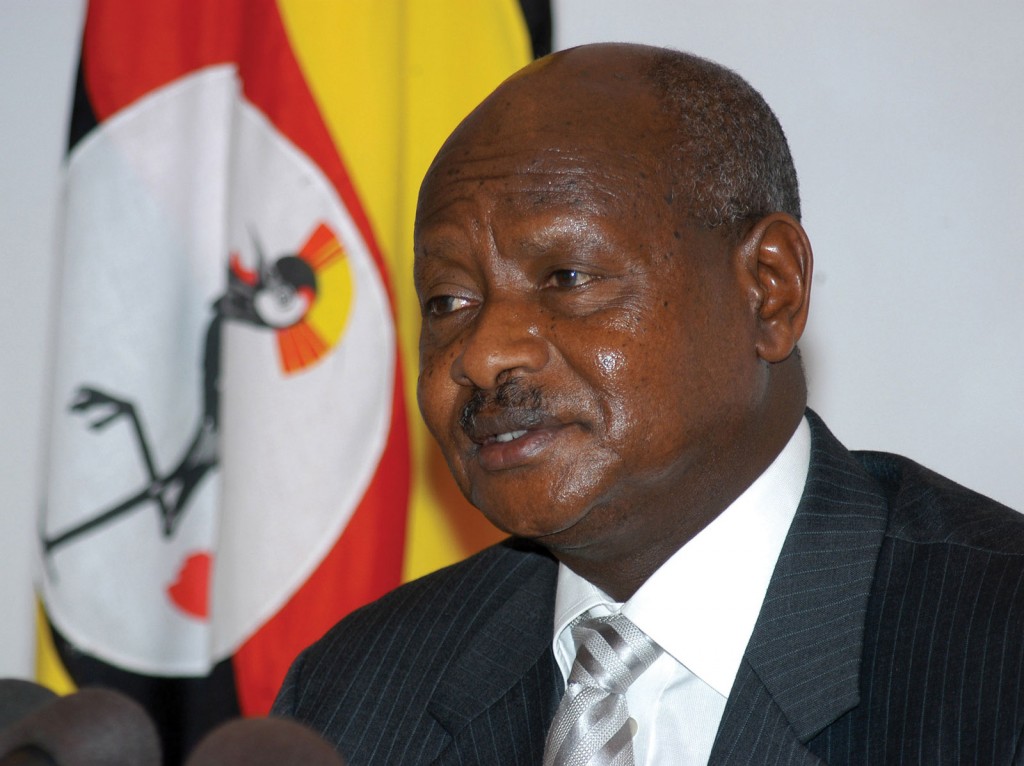Obstacles to Pan-Africanism from 1945 to present.
Colonial heritage
Europeans partitioned Africa into a number of small states. After independence, each African state became more concerned about its home problems than the continental issues. This weakened the spirit of Pan Africanism.
Ideological differences also weakened Pan Africanism. Some African countries adopted the capitalist ideology e.g. Kenya while others took up the socialist ideology e.g. Tanzania and Angola.
Intellectualism
The Pan African movement began as a movement for the elites and this alienated the peasants from it. Up to the present the illiterate do not properly understand the purpose of Pan Africanism.
The geographical expanse of
Africa has also weakened the Pan African movement. Africa is a large continent,
occupied by various tribes and races, different religions and cultural
diversity, e.g the North is occupied by Arabs and Berbers who are Moslems while
the south is mainly occupied by blacks /Negroes. These differences have hindered
the quick progress of Pan Africanism.
 Former British Prime Minister, Margret Thatcher
Former British Prime Minister, Margret Thatcher
Neo-colonialism has been another obstacle to Pan Africanism. Due to poverty, African countries have continued relying on foreign aid. This has made Africa's independence pseudo. Without economic self-reliance the Pan African ideas have remained theoretical.
The divisions between African States; During the 1950s and early 1960s, African nationalists were divided into two groups - the Casablanca group of radicals and the Monrovia group of moderates. Although these two groups merged at the formation of the OAU in 1963, there have erupted regional economic groupings such as the ECOWAS, COMESA, SADC, and P.T.A. EAC etc.... These have promoted regional rather than continental feelings.
 Field Marshal Idi Amin Dada, promoted inter state conflicts
Field Marshal Idi Amin Dada, promoted inter state conflicts
Interstate conflicts and civil wars have weakened Pan Africanism. The post- independence period was characterized by civil wars in Angola, Sudan etc. Similarly, interstate wars broke out between Uganda and Tanzania, Ethiopia and Eritrea etc. These caused intense divisions between African States.
Secessionist movements also endangered unity within the independent states e.g. the Buganda, Ibo and Katanga secessions threatened peace, security and Unity within Uganda, Nigeria and Congo respectively. In the case of the Katanga and Ibo secessions, different African countries supported the secessionists while others didn't. Such divisions endangered the Pan African spirit.
 Kabaka Sir Edward Mutesa faced a serious challenge with Central government leading to a military conftrontation that was termed the "Kabaka Crisis of 1966"
Kabaka Sir Edward Mutesa faced a serious challenge with Central government leading to a military conftrontation that was termed the "Kabaka Crisis of 1966"
The political assassinations of core Pan Africanists also greatly weakened the movement, e.g. the assassination of Patrice Lumumba of Congo , Anwar Sadat of Egypt, Edwardo Mondlane of Mozambique, Sylivanus Olympia of Togo, Kwame Nkrumah of Ghana, Amilcar Cabral of Guinea Bissau etc.
Personal differences between African leaders: e.g Nkrumah conflicted with the Togolese president, Amin of Uganda conflicted with Nyerere of Tanzania, Mobutu of Congo against Dos Santos of Angola, Museveni against Kabila and Bashir etc. Such misunderstandings have hindered the realization of Pan African goals.

Lack of a common language whereby each African state is divided into a number of tribes each with its own language. Even with international languages, most African states arc still attached to the languages of their former colonial masters, namely French for Franca phone countries and English for Anglophone countries, Swahili, which is a neutral language, isn't yet so common on the continent.
The military intervention into Africa's politics has led to the overthrow of the first generation of African leaders who were zealous about Pan Africanism. The new breed of African leaders is full of dictatorship, corruption and selfish interests.
The failure to form the united states of Africa. Kwame Nkrumah and comrades had envisaged the creation of a United States of Africa with a common African government, army and the like. However, other African nationalists preferred the formation of a loose political federation. Hence from the start, the OAU was weak and had limited powers over individual states and their policies. This has affected Pan Africanism.

Idi Amin ruled Uganda as a dictator leading to Uganda's isolation by African countries such as Tanzania and Zambia
The internal problems faced by each African country have made Pan Africanism a dream. Each country is more concerned about its internal affairs than those of a wider continent. This made Malawi, Zambia and other countries to maintain trading relations with the apartheid regime in South Africa. They claimed that their economies would crumble if they cut off dealings with South Africa.
National Movements and New States in Africa